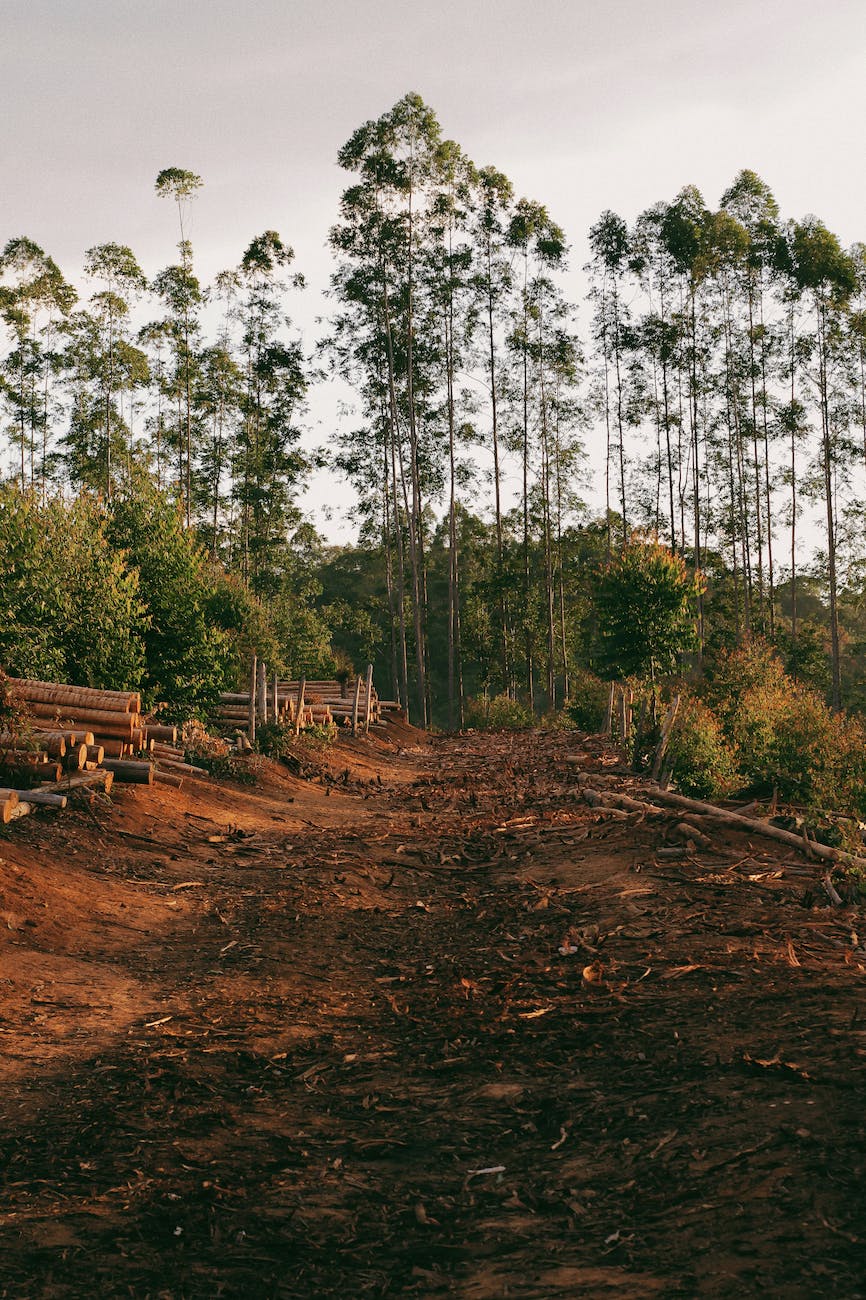In 2022, the world witnessed an alarming loss of tropical forests, amounting to 11 soccer fields’ worth of forest per minute. This devastating destruction accounted for an area equivalent to the size of Switzerland, surpassing the previous year’s loss by 10%. The carbon emissions resulting from this disappearance were comparable to the total fossil-fuel emissions of India. Among the countries deeply affected by this crisis were Brazil, the Democratic Republic of Congo, and Bolivia, all of which harbour vast tropical rainforests. These regions experienced the greatest acreage loss in 2022.
The preservation of forests is of paramount importance as they play a vital role in sequestering carbon dioxide and maintaining the Earth’s biodiversity. Forests act as crucial carbon sinks, absorbing significant amounts of greenhouse gases and mitigating climate change. Moreover, they provide habitat for countless plant and animal species, supporting complex ecosystems that sustain life on our planet. Forests also serve as a source of livelihood for millions of people, offering essential resources such as timber, medicinal plants, and food.
The impact of deforestation in Africa is particularly concerning. The continent’s diverse and rich forests face substantial threats from various factors, including unsustainable logging, agricultural expansion, and infrastructure development. Deforestation not only contributes to the loss of valuable habitats but also exacerbates climate change, disrupts local ecosystems, and endangers the livelihoods of indigenous communities who depend on forest resources.
To address this urgent issue, concerted efforts are required on both local and global scales. African nations, in collaboration with international partners, must prioritise sustainable forest management practices, enforce stricter regulations on logging and land use, and promote reforestation initiatives. It is crucial to empower local communities and indigenous groups, involving them in decision-making processes that impact their forests and ensuring their active participation in conservation efforts.
Additionally, international cooperation and financial support are essential in combating deforestation in Africa. Developed nations and organisations should increase investments in programs that promote sustainable forest management, provide technical assistance, and incentivise countries to protect their forest resources. Capacity-building initiatives, knowledge sharing, and technology transfer can contribute to the effective preservation and restoration of Africa’s forests.
Furthermore, raising awareness among the global community about the critical role of forests and the severe consequences of deforestation is paramount. Education and advocacy campaigns can generate public support for conservation efforts, encouraging responsible consumption, and promoting sustainable practices.
Preserving Africa’s forests is not only crucial for the continent’s ecological balance and the well-being of its communities but also for the collective global effort to combat climate change and protect the Earth’s natural heritage. Urgent action is needed to reverse the current trajectory of deforestation, safeguarding these invaluable ecosystems for future generations.

